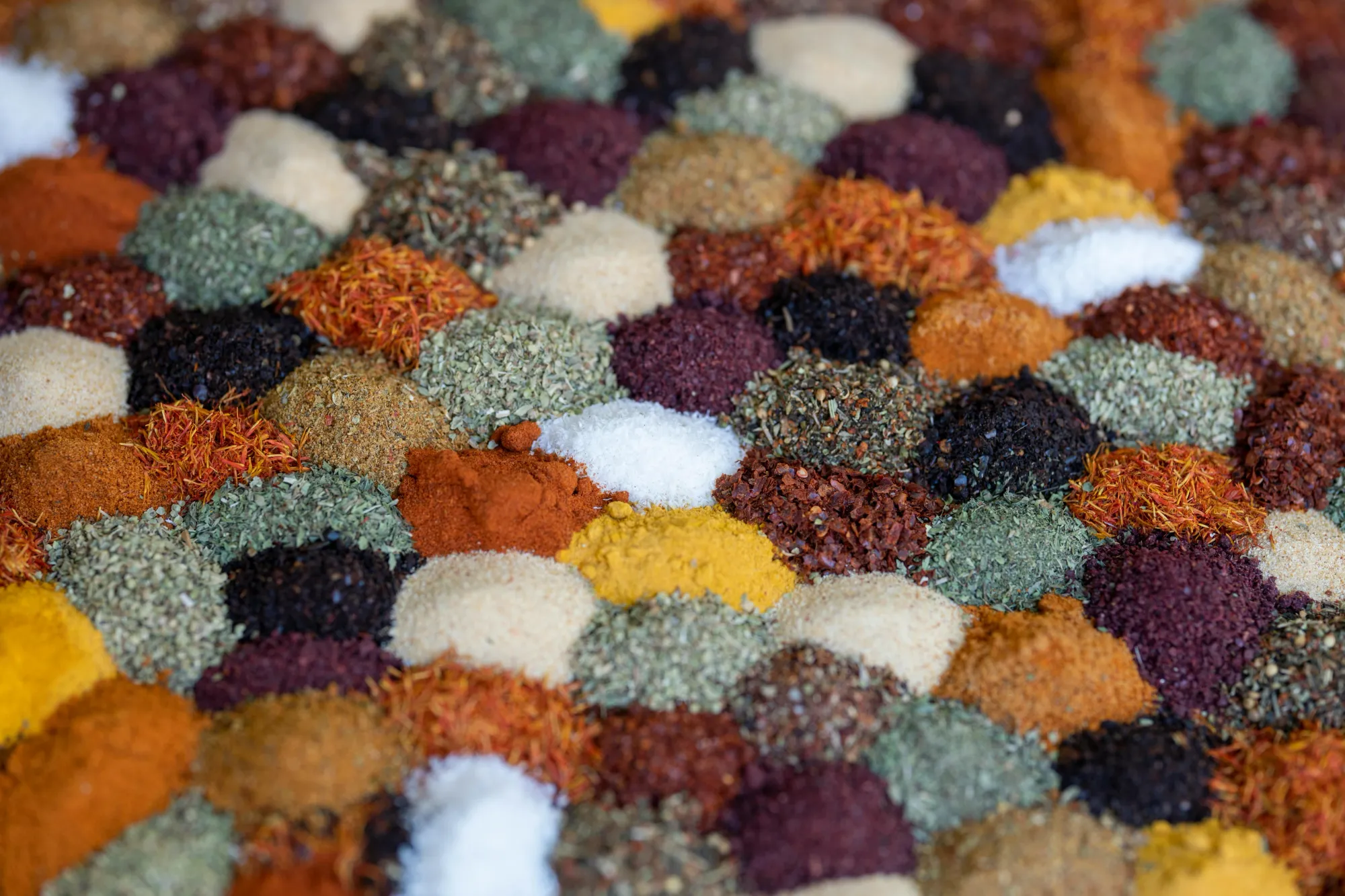Herbs and spices are essential ingredients in every kitchen, enhancing meals with their vibrant flavors and aromas. However, a recent investigation by Consumer Reports has raised a critical question: Are your spices safe to use? Testing revealed that many commonly used spices may contain harmful levels of heavy metals, such as lead, arsenic, and cadmium, posing potential health risks. Here’s what you need to know to keep your cooking flavorful and safe.
What the Consumer Reports Investigation Found
A comprehensive study conducted by Consumer Reports analyzed 126 products across 15 types of dried herbs and spices from popular brands, including McCormick, Trader Joe’s, and Whole Foods. The findings were alarming:
- One-third of the products contained heavy metals at levels high enough to raise health concerns.
- Spices like oregano and thyme were found to have the highest contamination rates.
- Contamination likely stems from growing conditions, including the soil and water used during cultivation, as well as processing and manufacturing practices.
Are Your Spices Past Their Prime?
Many home cooks overlook the expiration of their spices, keeping them on pantry shelves for years without realizing their potency and safety may have diminished. Spices lose their flavor, aroma, and nutritional value over time, typically within 1-3 years for ground spices and 3-4 years for whole spices. Furthermore, outdated spices may be more prone to contamination if they have not been stored properly.
The Health Risks of Heavy Metals in Spices
Heavy metals such as lead, arsenic, and cadmium can accumulate in the body over time. Even small amounts can be harmful, particularly for children and individuals who frequently consume contaminated spices. Potential health effects include:
- Lead: Impairs cognitive development in children and can cause cardiovascular issues in adults.
- Arsenic: Increases the risk of cancer and damages the kidneys and liver.
- Cadmium: Linked to kidney disease and bone demineralization.
Long-term exposure to these contaminants can lead to significant health issues, making it vital to be mindful of the spices you use in your cooking.
Which Spices Are the Riskiest?
The report identified certain herbs and spices as more likely to contain harmful levels of heavy metals:
- High-Risk Spices: Oregano, thyme, turmeric, and black pepper.
- Safer Options: Garlic powder, curry powder, and saffron had lower contamination levels in the samples tested.
While contamination varies between products and brands, these findings suggest paying close attention to sourcing is essential.
Tips for Reducing Risk
While it may be impossible to eliminate all risks, you can take steps to minimize your exposure to heavy metals in herbs and spices:
- Buy Trusted Brands:
Opt for brands with strong safety protocols and certifications. For instance, Consumer Reports found that Simply Organic spices generally had lower contamination levels compared to some private-label brands.
- Diversify Your Spice Usage:
Relying heavily on a single spice could increase your exposure. Use a variety of spices to balance your intake.
- Choose Organic or Certified Products:
While organic labels are not a guarantee of safety, they often involve stricter testing and better soil practices.
- Store Properly:
Keep spices in airtight containers away from moisture to maintain their integrity and prevent further contamination.
- Wash Fresh Herbs:
For fresh herbs, thorough washing can remove some surface contaminants.
How CKC Ensures Ingredient Safety
At Curated Kitchen Collective, ingredient quality is a priority. Our team of private chefs and nutritionists carefully vets each recipe, including the herbs and spices used, to ensure safety and flavor. We love to use Simply Organic and the sister brand Frontier Co-Op spices in our everyday cooking.
Why This Matters for Home Cooks
Spices are a staple in home cooking, yet they are often overlooked in discussions about food safety. For frequent cooks and families with young children, understanding the risks of heavy metals and mold in spices is crucial. By making informed choices and selecting trusted products, you can continue to enjoy the rich flavors and health benefits of your favorite herbs and spices while minimizing potential risks.
Unleash your inner chef and transform everyday meals into extraordinary dishes! Join us at Curated Kitchen Collective to discover the art of blending spices and create vibrant, flavorful cuisines inspired by cultures around the globe.
Works Cited
“Your Herbs and Spices Might Contain Arsenic, Cadmium, and Lead.” Consumer Reports, 8 Nov. 2021, www.consumerreports.org/health/food-safety/your-herbs-and-spices-might-contain-arsenic-cadmium-and-lead-a6246621494/.

